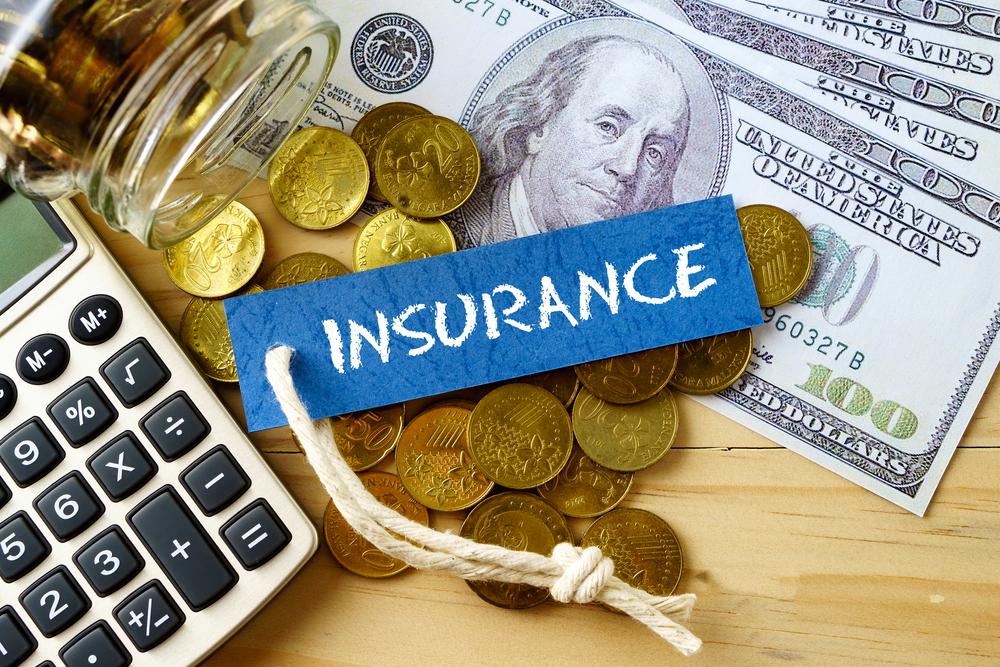Comprehensive Guide to Homeowners Insurance: Protecting Your Most Valuable Asset
This detailed guide covers everything homeowners need to know about insurance, including key coverages, optional add-ons, and tips for protecting their property. Learn how to choose the best policy, understand regional risks, and maintain your home's value effectively, ensuring your investment remains protected from unexpected damages and liabilities.

Comprehensive Guide to Homeowners Insurance: Protecting Your Most Valuable Asset
Owning a home is one of the most significant investments you will make in your lifetime. As such, protecting your property from unforeseen events is paramount. Homeowners insurance offers vital coverage that safeguards both the physical structure of your house and the personal belongings inside. With an increasing number of natural disasters and unpredictable events, understanding the nuances of homeowners insurance can save you money, stress, and potential financial loss. In this comprehensive guide, we explore everything you need to know about homeowners insurance, including coverages, optional add-ons, and tips to ensure your investment is well-protected.
If you're financing your home through a mortgage, having suitable insurance is often a requirement by lenders. Beyond fulfilling your contractual obligations, homeowners insurance can significantly improve your borrowing prospects by demonstrating financial responsibility and minimizing the risk for lenders. Shopping around for adequate coverage at affordable premiums is crucial, as policies can vary widely between providers, and the right choice depends on your unique needs and regional risks.
Typically, homeowners insurance covers the costs associated with damages or loss to both the physical structure of your house and the personal contents inside. This includes protection against common perils such as fire, theft, vandalism, and certain types of weather-related damage. However, it's essential to understand that standard policies often exclude coverage for specific natural disasters like floods or hurricanes, which require separate specialized insurance. For example, if you live in a flood-prone area, you might need to purchase a flood insurance policy to cover potential damages that standard homeowners insurance does not include.
The core coverage in homeowners insurance typically includes structural damage, personal property, liability protection, and additional living expenses if your home becomes uninhabitable due to a covered peril. It’s crucial to evaluate the coverage limits and personal property valuations regularly to ensure comprehensive protection. Often, standard liability coverage starts at around $100,000, but this amount can be increased, especially if you own high-value possessions like artwork, jewelry, or antiques. Proper liability coverage shields you from legal claims if someone sustains injuries on your property, helping protect your assets from potential lawsuits.
Many homeowners also confuse homeowners insurance with home warranties. While homeowners insurance provides coverage against damages from unexpected events, home warranties focus on repairs and replacements of appliances or home systems like HVAC or plumbing, typically for a specific period. To maintain your property's value and ensure smooth operations, regular upkeep and upgrades—such as updating electrical systems or installing modern fixtures—are advised. These improvements can increase your home's value but might also affect your insurance premiums or maintenance costs, so plan accordingly.
Additional Protections and Considerations: In regions prone to specific risks, such as floods or hurricanes, consider purchasing supplementary policies that provide coverage beyond standard homeowners insurance. Regional risk assessments from agencies like FEMA or local officials can help determine your need for these additional protections. For instance, if you reside in a coastal area frequently affected by hurricanes, a separate hurricane or storm policy could be essential.
Staying informed about the latest in insurance policies, industry updates, and expert advice can help you make smarter decisions. By monitoring reputable sources on social media platforms such as Facebook and Twitter, you can stay ahead of evolving coverage options, regulatory changes, and tips to optimize your property protection.
Summary: Protecting your home through comprehensive homeowners insurance is crucial for safeguarding your investment against unforeseen damages and liabilities. Understanding the core coverages, optional add-ons, regional considerations, and maintenance practices ensures you're well-prepared for any events that might threaten your property. Regular policy reviews, staying informed, and upgrading home features strategically can maximize your protection while maintaining affordability.





